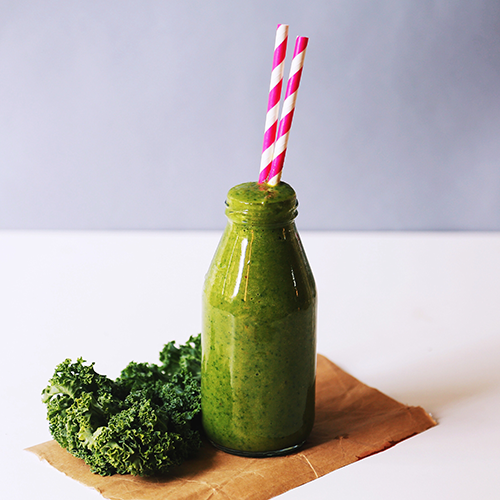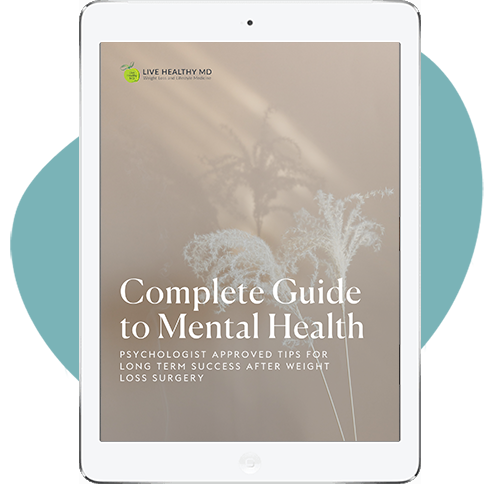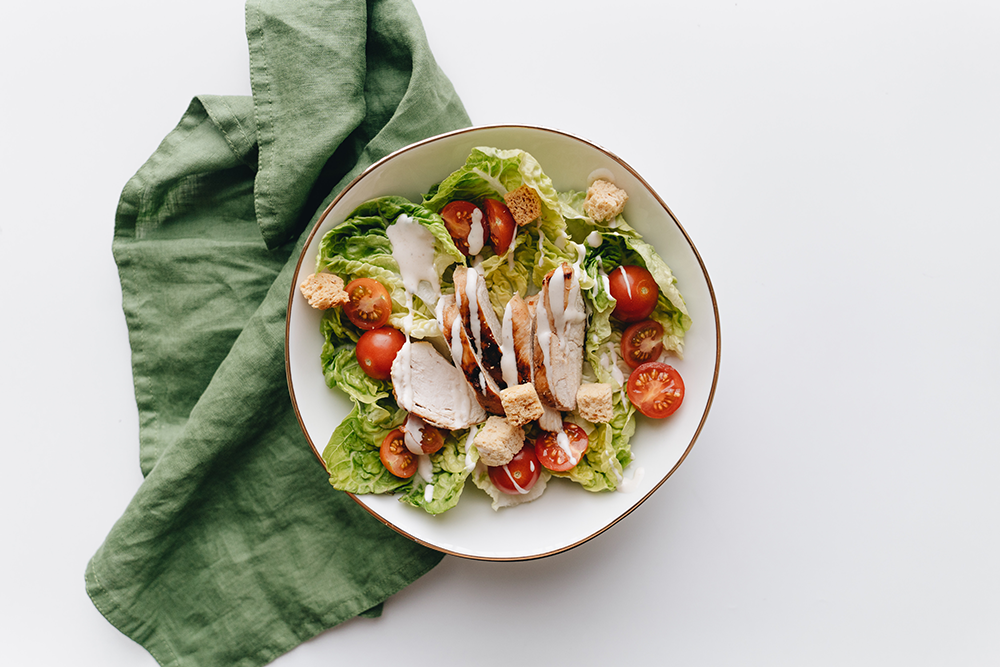
Are you old enough to remember the movie Kindergarten Cop? Arnold Schwarzenegger stars as a policeman who, on assignment, poses as a kindergarten teacher in order to catch a criminal. In the famous scene, he is in front of his class of 5-year-olds, rubbing his head. One of the kids asks, “What’s the matter?” Arnold, the cop/teacher, responds, “I have a headache.” The child, offering his wisdom, suggests, “Maybe it’s a tumor,” to which Arnold replies, “It’s NOT a TOOMAH.”
In the case of bariatric surgery and the questions patients ask about their post-op “diet,” most bariatric professionals speak in terms of the lifestyle and dietary changes that accompany post-op living. The majority of patients, both pre-op and post-op, understand that one of the goals of preparing for bariatric surgery is to begin making healthy, positive changes to one’s lifestyle. Which, of course, is code for changing behaviors (primarily eating and exercise). Hence, the popular phraseology that “bariatric surgery requires accompanying lifestyle changes” in order for one to maintain the weight loss they experience during “the honeymoon” stage.
This is a lifestyle change.
For many (most?) people who have bariatric surgery, being on a “diet” of one sort or another has been a way of life prior to having a bariatric surgical procedure. Atkins, Paleo, low-carb, low-fat, vegan, gluten-free, DASH diet, ZONE diet, Jenny Craig, Whole 30, Weight Watchers, very low carb, Sugar Busters, etc. etc. etc. Sound familiar?
When I hear post-op patients talking about “going on a ‘diet,’” I really want to scream, “THIS ISN’T ABOUT A ‘DIET’! It’s about LIFESTYLE CHANGES!”
Don’t get defensive here if you have gone on a “diet” as a post-op. I understand that if you have regained weight, and are working with a bariatric professional, there may be a “diet” of sorts prescribed. That’s not what I’m referring to when I talk about my frustration. It’s when a post-op continues the diet-as-a-way-of-life mentality that I feel frustrated, and sad, actually.
What does dieting really mean to you?
Living life “on a diet” can be (and is, for some people), a way to: 1) avoid other things (feelings, relationships, etc.) by focusing all of their thoughts and attention on “the diet,” 2) remain obsessed with food (which may be an indication of a food addiction and/or my first point), 3) remain connected with others as “dieting” may have been the basis of their relationship with family members or friends, 4) attempting to have some area of control in life, and/or 5) lots of other things.
Regardless, dieting as a way of life is probably not a healthy way to live (for most people).
Sidenote: I add that “for most people” part because, sure as I’m sitting here, if I don’t say that, somebody is gonna get really ticked off and start thinking about how that isn’t the case for THEM and THEN they may miss the point of the whole article…
Mapping you towards a positive relationship with food.
The POINT, by the way, is… choosing to have bariatric surgery is also choosing to make healthy, positive lifestyle changes. IF you want to sustain the weight you lose as a result of the surgery — and your efforts.
And YOU are in it to win it. SO… here’s how to change your thinking from making changes in your “DIET” to making changes in your lifestyle:
- AWARENESS: Learn the difference between a “diet” and a “lifestyle change” if you don’t already know. Discuss this with your bariatric professionals, your support groups and your family members. Help those in your life understand the difference, as well. IF you fear not living on a “diet,” then perhaps consider getting some counseling to look into the reasons being “on a diet” is emotionally important to you.
- ACCEPTANCE: Realize that if you want to live the rest of your life at a healthier weight, then lifestyle changes in the way of “diet” (as in what you eat), as opposed to “A DIET,” such as the ones name above, are necessary. And the healthy dietary changes need to be a lifestyle… meaning you continue them every day, one day at a time. In addition, the lifestyle changes necessary to live your healthiest life can include things such as increased physical activity, exercise, learning healthy coping skills, developing a healthy support system, etc.
- ACCOUNTABILITY: Find ways to be accountable for engaging in healthy lifestyle behaviors. Maintain food and exercise journals. Participate in support and/or accountability groups. Work out with others. Start a walking club. Start a support group. Take responsibility for your health. This day. Every day.
- ATTITUDE: Work to have a more positive attitude about the difficult parts of the journey. Read positive quotes. Maintain a gratitude journal. Encourage others. Talk to yourself when you’re grumpy and remind yourself that will not lead you in the direction you want to go!
- COMMITMENT: Make a list of the reasons you are working so hard to develop a healthier lifestyle and every day, SEVERAL times a day, state out loud your commitment to doing so. OUT LOUD! Your brain will hear you and respond in a positive way.
- EFFORT: Unless you do the doing, nothing much will happen in the way of results. So this EFFORT thing needs attention every day. Get help to get you going if you need to! Yep — that means: Ask. For. Help. You can do that!
- Your SELF matters. Be as loving toward yourself as you are to others. You are just important as every other person.
Using these 4 ACES will get you to the place where a healthy diet is part of your healthy LIFESTYLE!












